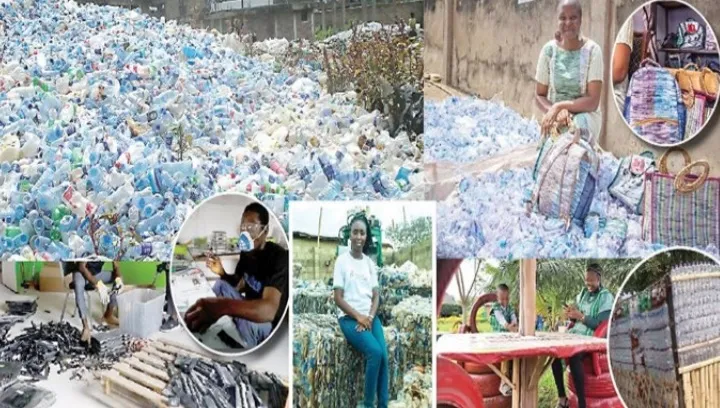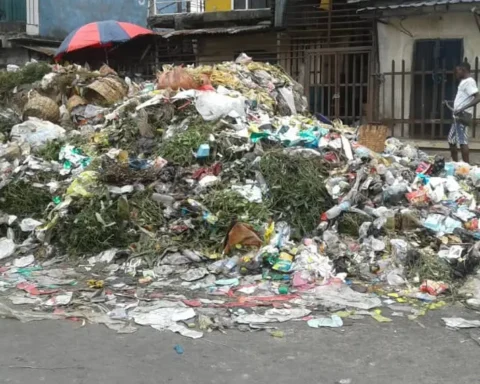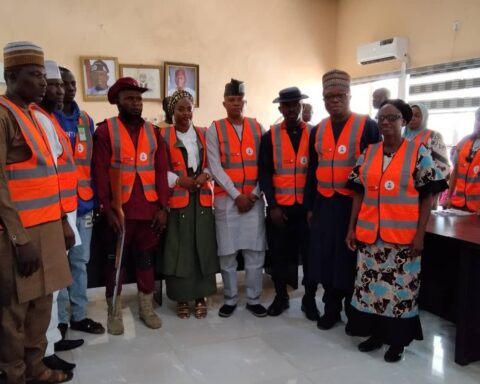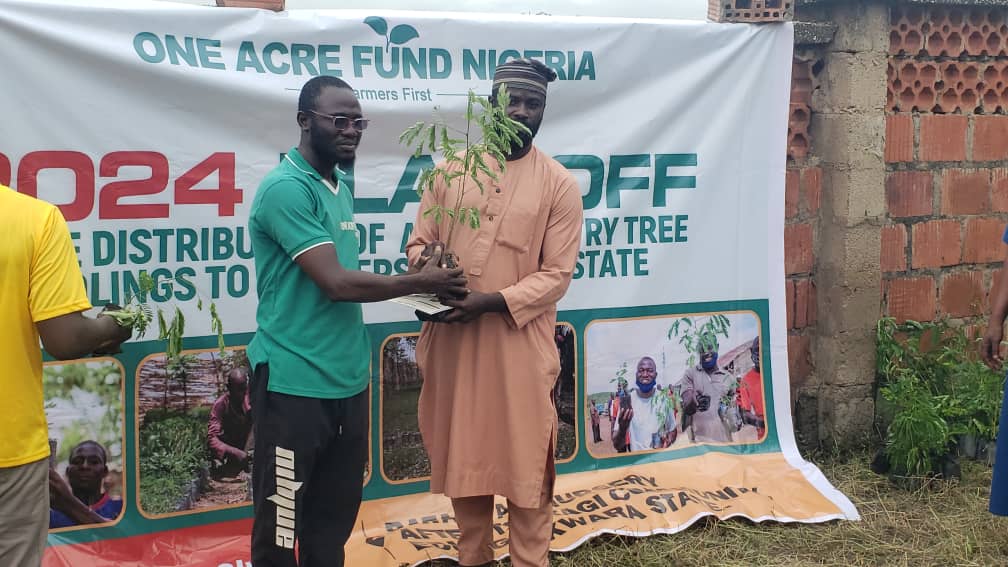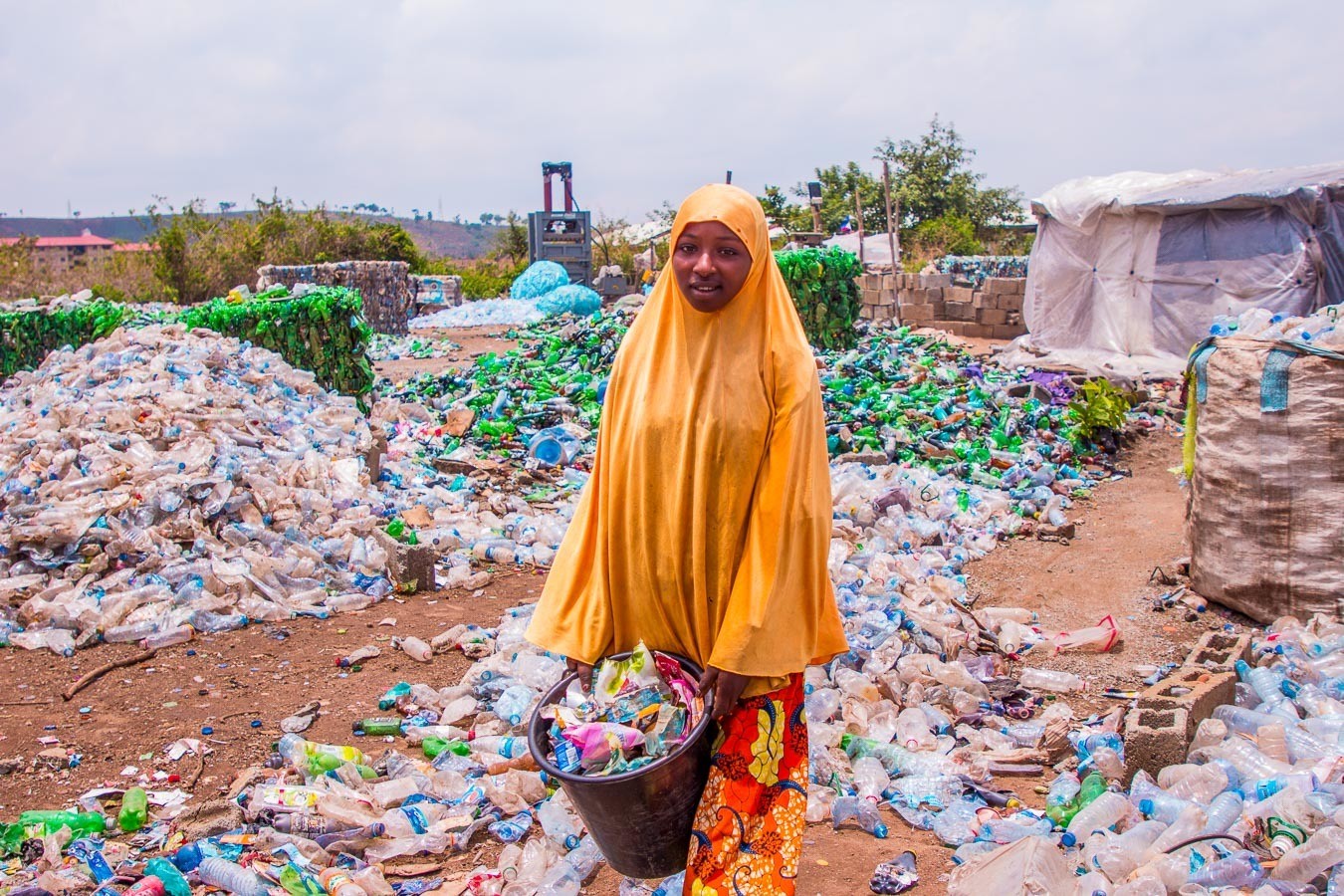Seeing opportunities where others see a problem is one of the keys to being a successful entrepreneur. And that’s what makes the difference in with those who generate waste and those who recycle them.
Waste poses a great challenge, especially in Nigeria because of inadequate modern technology and people’s poor attitude to waste disposal.
But recently, a young Nigerian, Ike Chilaka has been captured by the media because of his stride in turning waste to wealth.
Nigeria generates 32 million metric tons of waste annually. Of this volume, 2.5 million tonnes are plastic waste, with an annual growth rate of 2.4% which is likely to increase every year.
The World Bank also estimates that each Nigerian generates 0.15kg of waste daily and waste generation will increase to 107million tonnes by 2050.
This, no doubt poses a great threat to both land and water bodies.
It was gathered that Chilaka resigned from his superintendent engineer job to establish his business which recycles waste across dumps in the Lagos metropolis.
His success story is that of vision and determination to become financially independent by solving plastic waste problems.
Chilaka it was gathered started off by collaborating with Kim his Korean friend, to establish a plastic manufacturing company before registering his own company in 2003.
The engineer-turned-entrepreneur was processing waste materials for industrial use for plastic manufacturing. Soon his innovative approach to the recycling business began to attract a lot of manufacturers who now depended on his products for their raw materials.
With his engineering background, his company Antwork Services, went into producing equipment that could process that waste into another round of materials for further manufacturing purposes.
“With this experience, I started producing chips from grounded nylon, I would pick waste materials, wash them, grind them, and then they are up for purchase from the manufacturers of the plastic industries all across the country,” he was quoted as saying.
Despite facing an initial challenge of funding and trusted personnel, Chilaka’s determination kept him going.
He described the recycling business space in Nigeria as a lucrative venture that offers huge economic opportunities for people to exploit. The engineer-turned-entrepreneur was processing waste materials for industrial use for plastic manufacturing.
With his engineering background, he went into producing equipment that could process that waste into another round of materials for further manufacturing purposes.
“With this experience, I started producing chips from grounded nylon, I would pick waste materials, wash them, grind them, and then they are up for purchase from the manufacturers of the plastic industries all across the country,” he said.
The marine engineer said his initial challenge was funding. Besides inadequate capital, he also had a problem with getting honest employees.
Chilaka believes that Nigeria has a great opportunity for creating wealth through recycling because of the volume of waste generated on a daily basis.
By Obiabin Onukwugha


